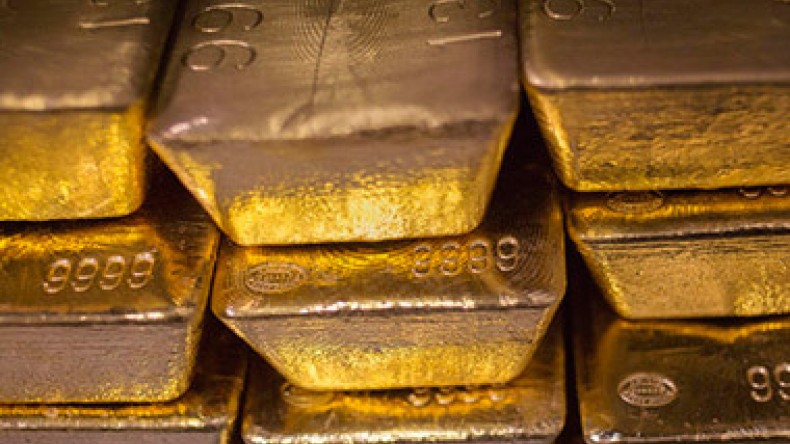
‘New gold fix may invite more players into market’
Following the replacement of the archaic practice of gold fixing with a more transparent system, skeptics who were put off entering the gold market are now changing their minds, John Butler, CIO at Amphora Capital told RT.
The gold industry is scrapping a century-old pricing practice. Up till now, four banks wielded all the decision-making power and would together determine the price of the precious metal twice a day. On Friday, a number of banks will start setting gold prices electronically, which will lead to the process become more transparent.
RT: Could you explain in simple terms. How the new system will work? Will it be better?
John Butler: It probably is better. Not only did you have a very small number of banks before, but the way in which the price was set was via telephone conversations, conversations between those present in the gold fixing room and those present at the major participating banks trading floors. And that was just an archaic way to go about doing things.
RT: What kind of banks are those?
JB: They are amongst the largest banks in the world, European banks and North American banks. They kept the fix to themselves, and gave [them to] a small number of participants involved, and the fact that the fixing was done over the telephone, a very slow outmoded form of communication when it comes to modern trading and financial markets. That was opened to potential abuse, and that is why they’ve changed it.
RT: There's speculation Chinese banks will now become involved in determining the price of gold. How big an influence could they have? Will this make Chinese gold-purchasing activity more transparent?
JB: Yes, not only are they inviting a larger number of banks now to participate in a fix but they are broadening geographically. And they’ve reached out in fact to China actively inviting them to participate. As it happens the Chinese banks had not managed yet to fill out all the necessary paperwork and get approvals for participation starting today. But presumably they will because China, as we know, has a large growing interest in global gold trade.
RT: How will it reflect the price of gold now? How is this new system going to affect prices?
JB: It will probably [lead to] a better method of pricing that its participants in the gold market will be able to be more confident [in and] that this fixing prices determined in London will simply better reflect the true global price of gold. And that confidence, that they are getting a fairer more transparent price, could invite some additional people into the gold market who previously were skeptical that the information that they were receiving, was indeed reliable information. It should improve liquidity and so it might also increase participation and the margin demand for gold.
RT: So this old saying “if it ain't broke, don't fix it” didn’t apply in this case, did it?
JB: No, indeed. It wasn’t archaic system. It is astonishing in a way that it remained in place as long as it did. My opinion personally and [one] that is shared by many who I correspond with in a gold market, is that we have moved to a better fix now. That is said, you could still argue that in age of high frequency trading for example and other sort of algorithmic technologies that even the new setup could conceivably be subject of certain forms of abuse. And no doubt the regulators will be keeping a close eye on this new system to try to make sure that that’s not the case.
Newsfeed
Videos






























